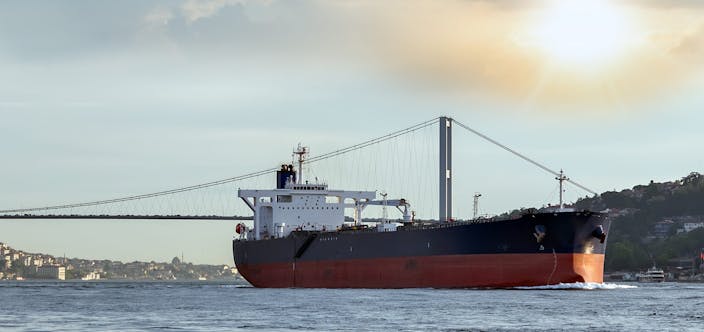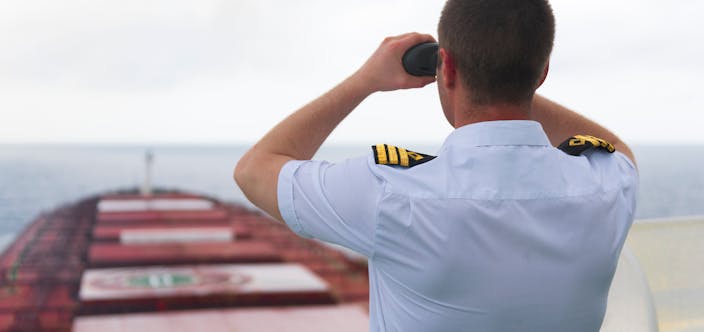Being alert to the terms of a contract

The Risk
When damage occurs to a vessel during maintenance or repair work, responsibility and contractual issues can be complicated. Who is responsible for the damage caused and who could be held liable to pay for the repairs?
It is important to always read and consider the commitments of services stated by the contract and ensure that they reflect the actual scope of work and results desired.
It is also vital to thoroughly understand the responsibility & liability clauses and ensure that the maker or service provider assumes full liability up to a worst-case scenario. Be sure to check that the service provider’s limitation of liability is in reasonable proportion to the value of the vessel and the scope of work.
There may be clauses in the contract whereby the ship owner is agreeing to something that may lead to unfavourable results. For example, agreeing on waiving the insurer’s right of recovery against the service provider. This may have an effect on your insurance cover, so please be alert and do not hesitate to contact your insurers if you are in doubt.
If there is any uncertainty when interpreting repair and service contracts, please seek legal advice, Alandia can help to guide you.
Lessons Learned & Recommendations
- Always have a contract in place. A handshake or spoken agreement is not enough!
- By reading the contract thoroughly and understanding it, you can take control of the risks regarding contract wording and agree amendments before signing.
- General/standard terms and conditions are not always adequate. You have the right to negotiate.
- The allocation of responsibilities between the service provider and the shipowner must be agreed and the liability clearly stated.
- All parties involved need to have a common understanding of what is agreed in the contract.
A Quick Synopsis!
- Check the wording of the contract – is it aiming to avoid or reduce the liability of the service provider?
- Read the commitments of services stated by the contract to ensure that they reflect the actual scope of the work and results desired.
- The service provider’s limitation of liability shall be in reasonable proportion to the value of the vessel and the scope of the work, also with consideration of a worst-case scenario.
- Keep the insurers of the vessel informed and ask for guidance when the conditions of a contract are unclear.
Further Information/reading
More information on contractual liability and best practices specifically for dry docking can be found via this link.
Dry Docking: Contractual Liability and General Best Practices


